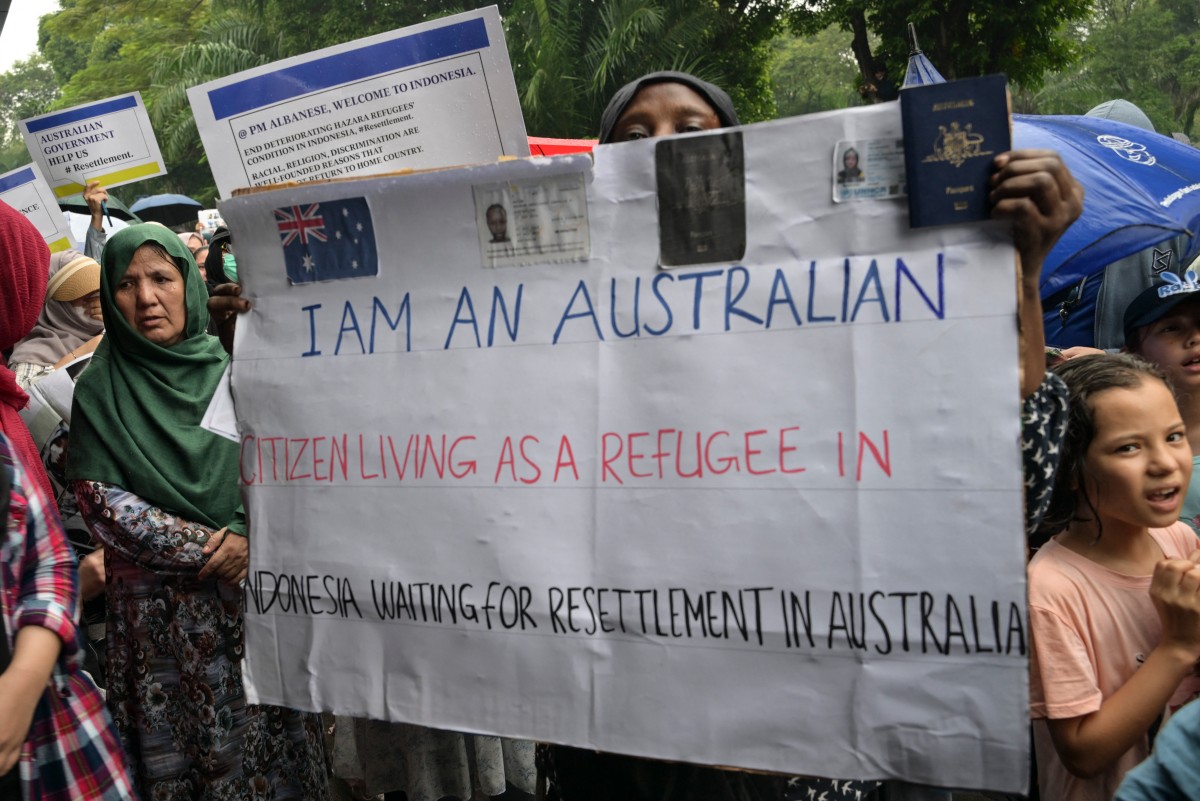
SYDNEY - Australia on Thursday passed a law allowing faster deportation of non-citizens to third countries, paving the way to send hundreds of refugees denied visas because of criminal convictions to the tiny Pacific island of Nauru.
Under a 30-year deal signed with Nauru last Friday, Australia has agreed to pay A$2.5 billion ($1.62 billion) to host up to 350 deportees, with an upfront A$400 million to establish an endowment fund for the resettlement scheme, plus A$70 million annually.
On Nauru, population 12,000, business owners and community workers who spoke to Reuters by telephone said they had mixed feelings about several hundred people with criminal records being resettled on the 21 square km island which has poor health facilities and infrastructure.
"It is an easy money grab," said one business owner, declining to give his name because of Nauru government's sensitivity to criticism over the deal. He hoped the money could build the economy.
"We've had all sorts of people come through here, from war-torn countries or poverty. Locals are robust," he added.
Another Nauruan said the hospital and other infrastructure on the island were in disrepair, and locals travelled overseas for health services when they could.
ALSO READ: Australian govt signs deal to deport foreign-born criminals to Nauru
Despite Australia spending hundreds of millions of dollars on offshore processing of asylum seekers on Nauru over the past decade, the money had not benefited local people, she said.
There was "a mixed emotional reaction on social media", with people waiting to see who comes, said another businessman.
In Australia's parliament on Thursday, Greens Senator David Shoebridge criticized the new law, designed to speed up the deportation of people who had visas cancelled or refused, saying Prime Minister Anthony Albanese's center-left government was treating Nauru "as a dumping ground".
"Nauru is a tiny island with almost no economy," he said.
The law removes procedural fairness for people being deported to a third country, limiting their ability to further appeal through the courts, the government said.
Human Rights Watch said the law allowed Australia to deport people without informing them of its plans, noting asylum seekers previously transferred to Nauru by Australia had suffered medical neglect.
Australia will apply to Nauru for visas for the deportees "on a rolling basis commencing fairly soon", a home affairs official said on Wednesday.
Nauru will decide which non-citizens it will accept, although the funds can be clawed back by Australia if the scheme doesn't meet expectations.


